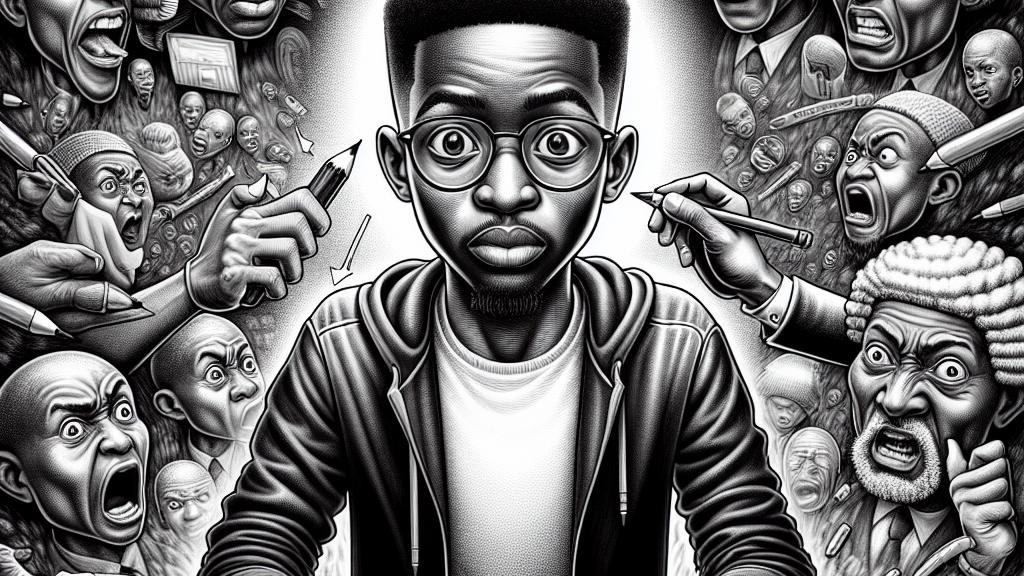TikToker Sentenced for Insulting Ugandan President
Overview
- Emmanuel Nabugodi, a charismatic Ugandan TikToker, is facing a staggering 32-month prison sentence for creating a mock trial video that satirizes President Yoweri Museveni.
- This case brings to light alarming trends in Uganda, where the government intensifies restrictions on freedom of expression, making it perilous to voice dissent even through humor.
- As arrests of individuals expressing their thoughts online become more common, Nabugodi’s situation underscores the urgent need for a dialogue about digital rights and free speech in contemporary Uganda.

The Case of Emmanuel Nabugodi
Picture this: you're a young content creator in Uganda, using TikTok to share your humorous insights, only to find yourself sentenced to a harsh prison term. This nightmare became reality for Emmanuel Nabugodi, whose recent conviction for insulting President Yoweri Museveni via a satirical video left thousands shocked. In the video, Nabugodi staged a comical mock trial, calling for the president's public flogging—a bold performance that, albeit intended for laughs, provoked a severe judicial response. The court's chief magistrate, citing his apparent lack of remorse, delivered a 32-month sentence, reinforcing the message that dissent—even wrapped in humor—will not be tolerated. With Nabugodi now imprisoned, one must wonder: how many others will fear stepping into the ring of political satire?
Censorship and Freedom of Expression
Nabugodi's case does not exist in a vacuum; it highlights an unsettling trend of censorship that has gripped Uganda and stifled freedom of expression. Critics argue that laws like the Computer Misuse Act serve less as protective measures and more as tools for oppression. For example, just a few months prior, another young TikToker received a six-year sentence for their online commentary aimed at the president, a clear signal that speaking out could lead to dire consequences. Many Ugandans now wrestle with a troubling reality: the risk of imprisonment lingers over their digital engagement. This climate pushes countless voices underground. How long can this suppression continue? When, if ever, will Ugandans reclaim their right to express themselves openly and freely?
International Repercussions and Wider Trends
The issue of censorship on platforms like TikTok isn't unique to Uganda; it resonates throughout the globe, indicating a crucial crossroads for digital rights. Reports indicate that TikTok has engaged in significant self-censorship, particularly regarding politically sensitive content. Countries such as China have exemplified this trend by imposing stringent controls, severely limiting online discussions that may undermine state narratives. Meanwhile, Turkey has temporarily blocked TikTok during significant protests to quell dissent. This raises critical questions: as digital platforms evolve, how can users retain their voices amidst political pressures? Advocating for freedom of expression has never been more urgent; individual creativity must be protected to foster a vibrant discourse. As digital landscapes reshape the way we communicate, the call for transparency and accountability in social media practices grows stronger, reminding us all of the power and importance of our voices.

Loading...